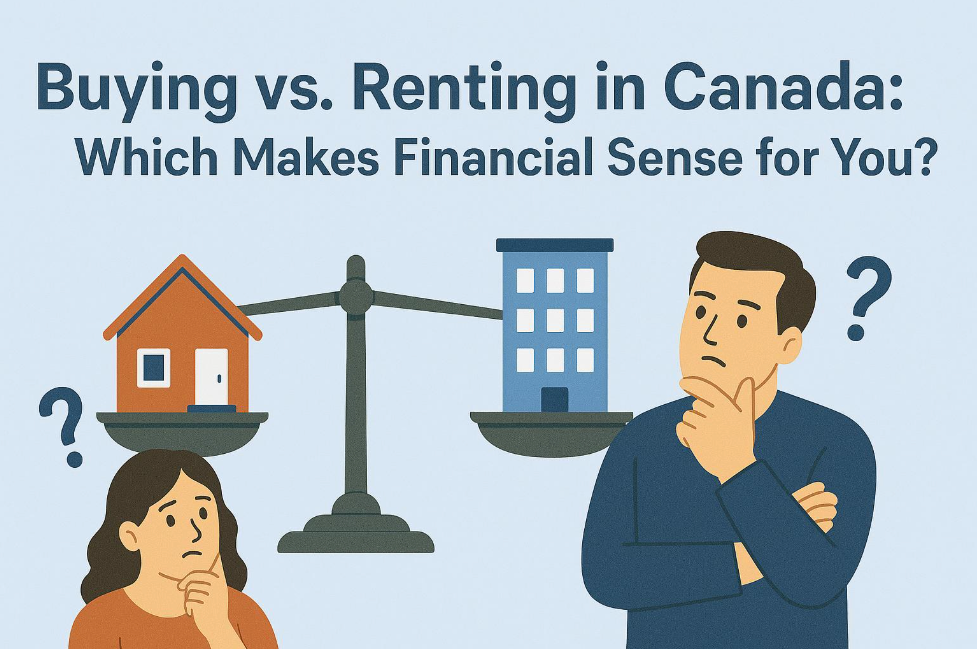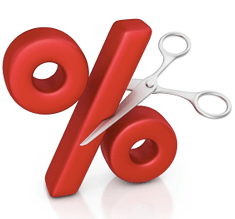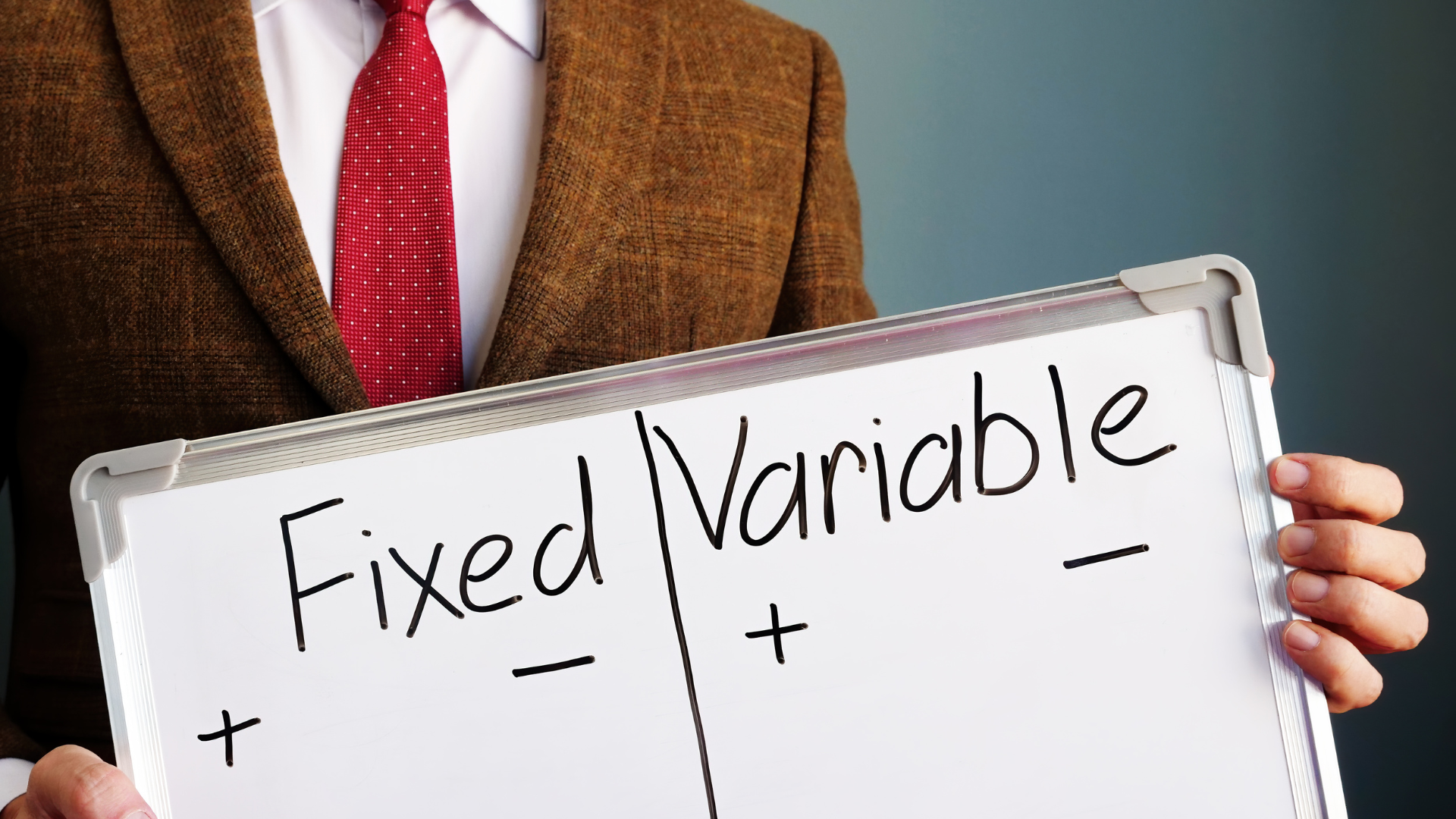How LOW Can Mortgage Rates Go???
How LOW Can Mortgage Rates Go???
Somewhat expectedly , on July 15 the Bank of Canada (BOC) cut their Benchmark Interest Rate for a second time this year by 25 basis points, down from 0.75% to 0.50%.
There is a direct correlation between the BOC’s key interest rate and consumer “Prime Rate” which affects everything from variable rate mortgages to lines of credit.
Prior to July 15 the consumer Prime Rate with all major financial institutions was 2.85%.
Minutes after BOC lowered the rate, TD was first out of the gate first to say that they would only
be dropping their Prime Rate down to 2.75% – which only reflects a 10 basis point cut, not the full 25 basis points.
The other major banks, (Scotia, RBC, BMO etc.) lowered their prime rate by 15 basis points (still not the full 25 basis points) and TD followed suit.
If you recall, back in January when the BOC cut their key rate from 1.00% to 0.75%, TD was the first out of the gate again, and they stated that they wouldn’t be cutting their Prime Rate at all! However within a few days, RBC and Scotia both announced a cut on their Prime down to 2.85%, and TD quickly followed suit.
What should you do with your mortgage?
In my opinion, variable rate mortgages (VRM) are still your best bet – for a few reasons:
- A typical discount on a 5 year VRM is Prime -.65%
- The cut to Prime rate by all lenders lowers your interest costs and results in a lower payments.
 Furthermore, the outlook for the BOC’s Benchmark rate remains low. BOC Governor Steven Poloz stated in his announcement July 15 that “The Bank anticipates that the economy will return to full capacity… in the first half to 2017.”
This timeframe was pushed back from his previous statement that the Canadian economy would be back to full capacity by the second half of 2016.
Furthermore, the outlook for the BOC’s Benchmark rate remains low. BOC Governor Steven Poloz stated in his announcement July 15 that “The Bank anticipates that the economy will return to full capacity… in the first half to 2017.”
This timeframe was pushed back from his previous statement that the Canadian economy would be back to full capacity by the second half of 2016.
Even if we assume no further rate cuts will happen over the balance of 2015; we’re unlikely to see a rate increase in the short to medium timeframe.
It’s a great time to get your mortgage or line of credit paid down!
Some interesting things to consider:
- One major effect the rate cut had was an immediate drop in the Canadian dollar. The loonie ended the day, July 15 at 77.40 cents US, down 1.09 cents after the rate cut. Today, July 20 the dollar down further at 76.94 cents US.
- This rate cut will also continue to lead to further speculation of an over-valued housing market. Always a hot topic in Canada.
The Globe and Mail wrote a good piece about this on July 15: Five things to watch after the rate cut .
As always, I am available at any time to discuss, plan, help, and listen to your questions, concerns, and feedback.
Let’s have a chat to discuss your next steps to home ownership.







